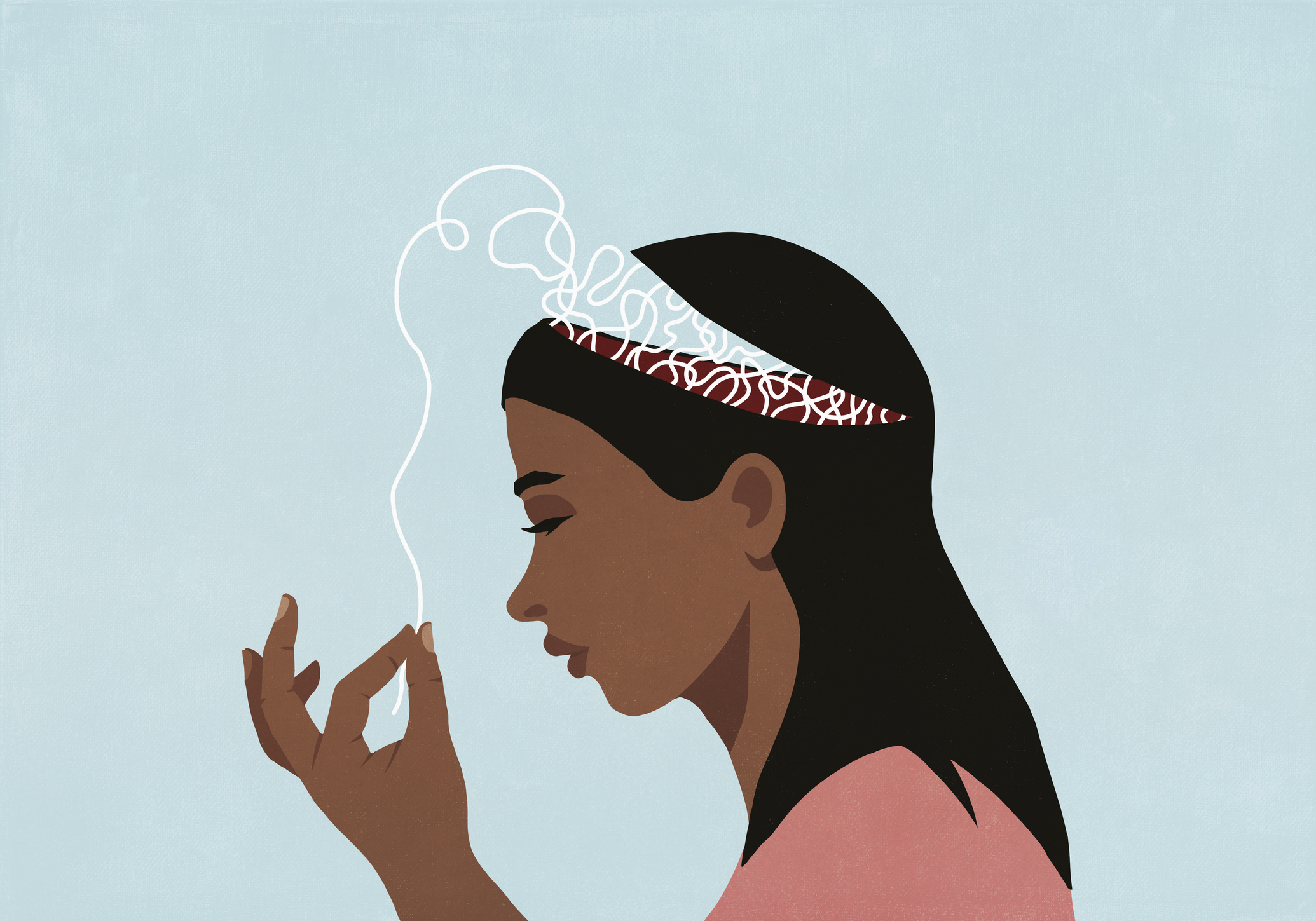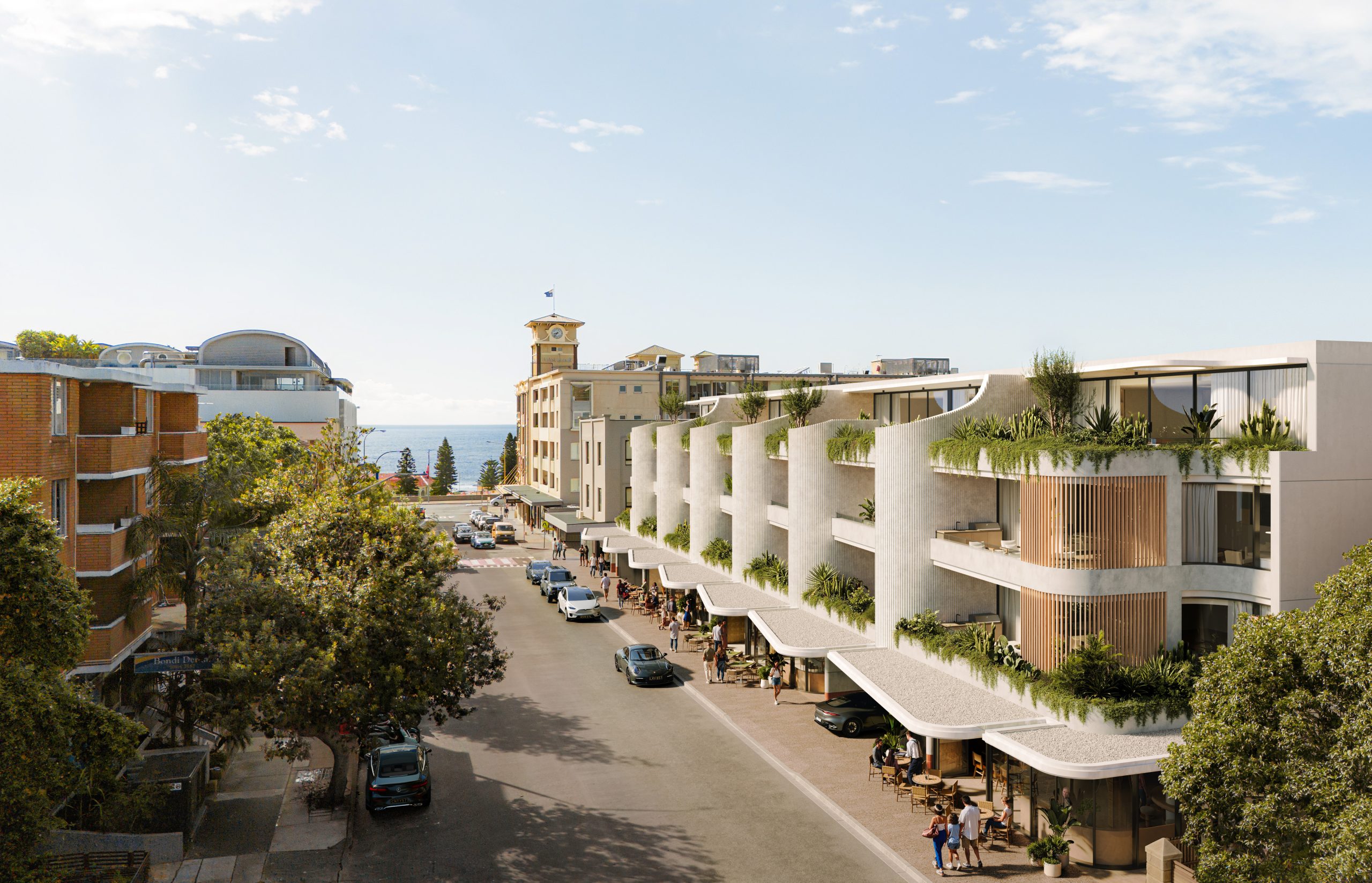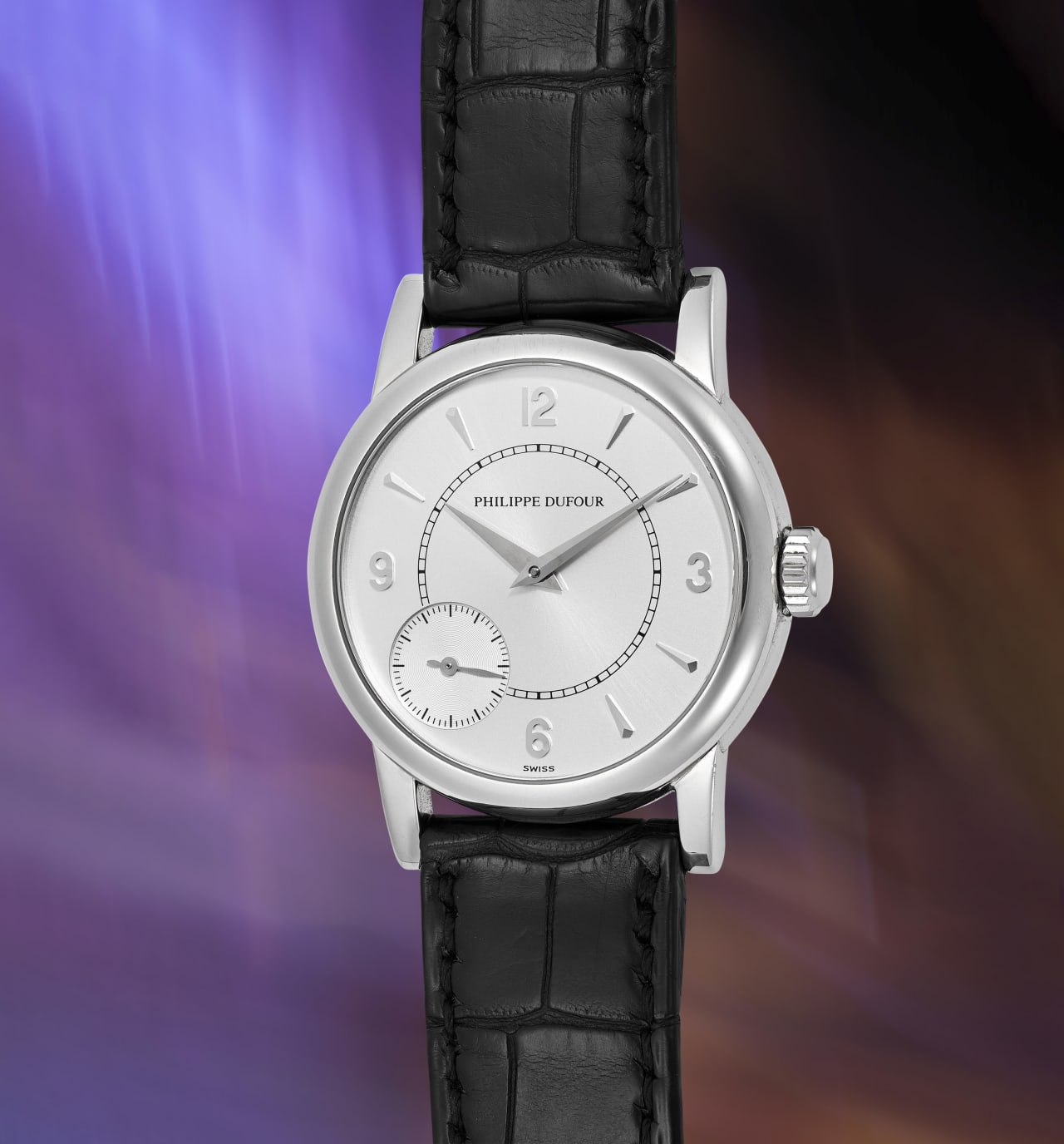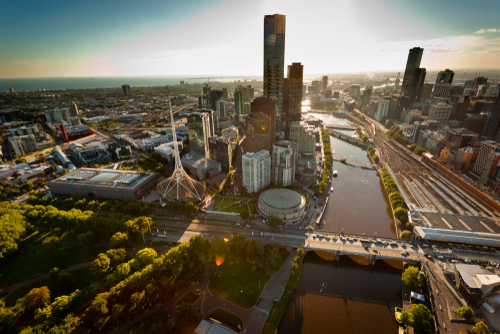How Old Are You Really? Meet Your ‘Biological Age’
Biological age won’t help you live forever, but a ‘credit score for your body’ might prolong your lifespan, some scientists say.
Biological age—a measure of health that can be more or less than your chronological age—might help determine your quality of life as you get older, scientists say.
The idea behind biological age is that your cells and organs have ages that vary from your regular age. Many aging-research scientists believe that knowing your biological age could help you postpone or avoid Alzheimer’s, cancer, cardiovascular disease or other age-related illnesses. Some also believe biological age can better predict an individual’s lifespan.
Other scientists agree that biological age is important but disagree that it can predict your life. They say there is no standard way to measure biological age and many of the tools in development aren’t yet proven. At the centre of the debate are hopes that people can prolong their lives by changing their behaviours; a crop of companies are betting on it.
David Sinclair, professor of genetics and co-director of the Paul F. Glenn Center for Biology of Aging Research at Harvard Medical School, is among the researchers and entrepreneurs promoting the notion of a biological age. He describes it as “like a credit score for your body.”
Dr. Sinclair is 52 chronologically but says he is biologically more like 42. Dr. Sinclair is a co-founder of a new company that is developing a biological-age test.
Some scientists calculate the metric by analyzing biomarkers in blood or saliva; other scientists and engineers do it by comparing individuals with broader aging patterns.
The activities that influence biological age—such as sleep, exercise and diet—are essentially the good habits we already know about. But since everybody’s genes are different, tracking your biological age could help determine which habits are most helpful and how to customize them. For one person, 10,000 steps a day could be optimal, while it is 6,000 for someone else.
People also can attempt to lower their biological age through meditation, yoga or other ways of effectively managing stress. Some, including Dr. Sinclair, use supplements to try to make themselves younger.
Scientists studying aging hope that eventually, individuals will be able to accurately measure their biological age and uncover the steps that influence it to forestall chronic disease and possibly live longer.
Even so, some scientists are sceptical of the process. Some think that even if you do know your biological age, it is a stretch to believe that you could use the concept to help you live longer.
Alex Zhavoronkov, chief executive of Insilico Medicine, which uses artificial intelligence to develop drugs targeting age-related diseases, says biological age is a useful concept for drug development. But he says he doubts that people will be able to use behaviours to live longer, based on studies of lifespan in different countries around the world.
“Extreme optimization of sleep, exercise and diet is unlikely to result in dramatic lifespan increases,” he says.
Growing interest in biological age is fueled by advances in the field of epigenetics, the study of how gene expression is affected by behaviours and the environment.
Dr. Sinclair at Harvard is developing a biological-age test based on chemical changes on DNA found in cells from the side of the cheek taken in a swab you do at home. He plans to launch it with a new company called Tally Health.
Dr. Sinclair has been criticized by other scientists for hyping the results of some of his findings, like the antiaging effects found in the compound resveratrol, claims he rebuts. He says that he doesn’t overstate his research findings and that the resveratrol research was published in leading scientific journals. He has co-founded more than a dozen biotech companies and is invested in most of them, including some that are developing therapeutics that target the biology of aging.
Segterra Inc.’s InsideTracker, a personalized-nutrition company founded by scientists from Harvard, Tufts University and the Massachusetts Institute of Technology, calculates biological age by having users take blood tests and analyzing the samples for markers of conditions like inflammation, heart health and liver or kidney disorder. Those who test as older than their years get recommendations to adjust diet, exercise and supplements.
Many other health startups are offering testing that purports to calculate biological age, sometimes with little scientific backing, and designing supplements aimed at boosting youthfulness.
Stephen Roberts, a winery owner in France, tested himself earlier this year with an at-home blood test by U.K.-based biotech company GlycanAge Ltd. The test was part of an effort by Mr. Roberts to improve his health at age 51.
“I drink. I sometimes smoke and party and eat what I want,” he says, so he expected his biological age to be a lot older than his calendar age.
He says he was shocked when test results reported hisbiological age was 24.
“My first reaction was: ‘This is wrong.’” He says he hasn’t made any changes as a result of the test but plans to test again later this year.
Gordan Lauc, professor of biochemistry and molecular biology at the University of Zagreb, in Croatia, and chief scientific officer of GlycanAge, says the results make sense given Mr. Roberts’s genetics—longevity runs in his family—and lifestyle, which is likely lower-stress than most.
Michael Roizen, an anesthesiologist and chief wellness officer emeritus at the Cleveland Clinic, created one of the first biological age calculators 25 years ago based on a questionnaire. He sold it to digital health company Sharecare Inc., where he receives stock options as a member of its scientific advisory board.
Dr. Roizen now has a book and website due out in the spring, part of a new company he says will be aimed at helping people understand how to live longer.
Exercise, for instance, does more than strengthen your heart, he says. Working out switches on a gene that starts a chain reaction that increases secretion of a protein that improves memory, studies show. Your methods of managing stress can switch on or off the functioning of more than 250 genes, Dr. Roizen says.
“Your choices have a much more profound effect than just changing whether your heart is beating fast or slow,” says Dr. Roizen.
Reprinted by permission of The Wall Street Journal, Copyright 2021 Dow Jones & Company. Inc. All Rights Reserved Worldwide. Original date of publication: May 24, 2022.
This stylish family home combines a classic palette and finishes with a flexible floorplan
Just 55 minutes from Sydney, make this your creative getaway located in the majestic Hawkesbury region.
More than one fifth of Australians are cutting back on the number of people they socialise with
Australian social circles are shrinking as more people look for ways to keep a lid on spending, a new survey has found.
New research from Finder found more than one fifth of respondents had dropped a friend or reduced their social circle because they were unable to afford the same levels of social activity. The survey questioned 1,041 people about how increasing concerns about affordability were affecting their social lives. The results showed 6 percent had cut ties with a friend, 16 percent were going out with fewer people and 26 percent were going to fewer events.
Expensive events such as hens’ parties and weddings were among the activities people were looking to avoid, indicating younger people were those most feeling the brunt of cost of living pressures. According to Canstar, the average cost of a wedding in NSW was between $37,108 to $41,245 and marginally lower in Victoria at $36, 358 to $37,430.
But not all age groups are curbing their social circle. While the survey found that 10 percent of Gen Z respondents had cut off a friend, only 2 percent of Baby Boomers had done similar.
Money expert at Finder, Rebecca Pike, said many had no choice but to prioritise necessities like bills over discretionary activities.
“Unfortunately, for some, social activities have become a luxury they can no longer afford,” she said.
This stylish family home combines a classic palette and finishes with a flexible floorplan
Just 55 minutes from Sydney, make this your creative getaway located in the majestic Hawkesbury region.


















